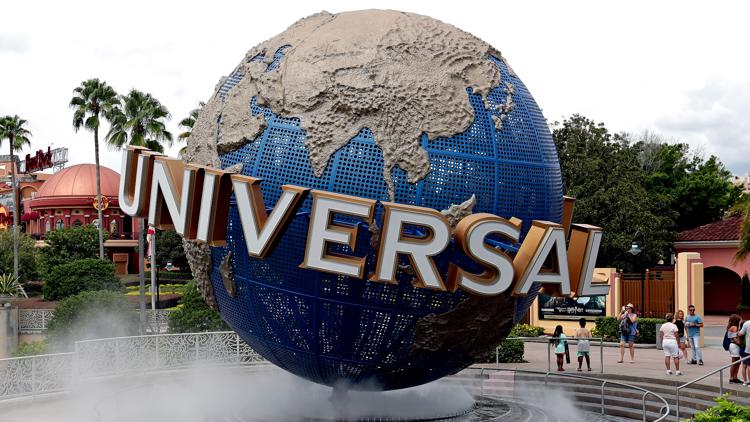
A Western Sydney man has been charged with making death threats against Prime Minister Anthony Albanese on social media ahead of the federal election. Alexander Phillip David Keating, a resident of Kingswood, faced the Downing Centre Local Court on Friday. This followed Albanese’s confirmation during a press conference in Sydney that he was the target of the alleged threats.
At the press conference, Albanese stated, “The person is myself, mentioned in today’s newspapers, but I don’t comment on national security issues…what I do is have confidence in our national security agencies to do their job, and they do it very well.” He emphasized the importance of allowing security agencies to handle such matters.
The Australian Federal Police (AFP) reported that they identified threats against Albanese on social media in March. Keating allegedly posted three threats from his account, prompting police to execute a search warrant at his home on May 7. During this operation, police seized his electronic devices for further examination. Keating received a court attendance notice for the charge of threatening to cause harm to a Commonwealth public official, which carries a maximum penalty of nine years’ imprisonment. He is scheduled to return to court in August.
AFP’s Commitment to Parliamentarian Safety
Acting Commander Mark Baron of the AFP underscored that authorities take all reports concerning the safety and security of parliamentarians seriously. “The AFP supports freedom of speech and political expression, but I want to make it clear we will never tolerate criminal behaviour, including threats and harassment,” Baron stated.
In a Senate estimates meeting in March, AFP Commissioner Reece Kershaw revealed that there had been 712 reports of threats against high officeholders, federal parliamentarians, dignitaries, and electoral offices up to that point in the financial year. Kershaw noted that the politicians targeted span the political spectrum and represent diverse faiths across Australia.
He pointed out that threats often disproportionately affect female parliamentarians and high officeholders, typically featuring derogatory language about their appearance and, in some instances, including extremely violent themes, such as threats of graphic sexual violence.
The political climate has been particularly tense, especially as discussions regarding the ongoing conflict in Gaza intensified last year. Several MPs, including Labor representatives Josh Burns, Peter Khalil, Ged Kearney, and Bill Shorten, experienced vandalism at their offices. Additionally, during the election campaign, Liberal Senator James Paterson’s office faced intimidation from a group of neo-Nazis who gathered to threaten politicians.
This incident highlights the urgent need for continued dialogue about the safety of public officials and the responsibility of citizens and authorities to uphold a respectful political discourse. As the legal proceedings against Keating unfold, the broader implications for political expression and security remain a significant concern for both the government and the public.






